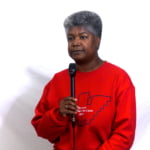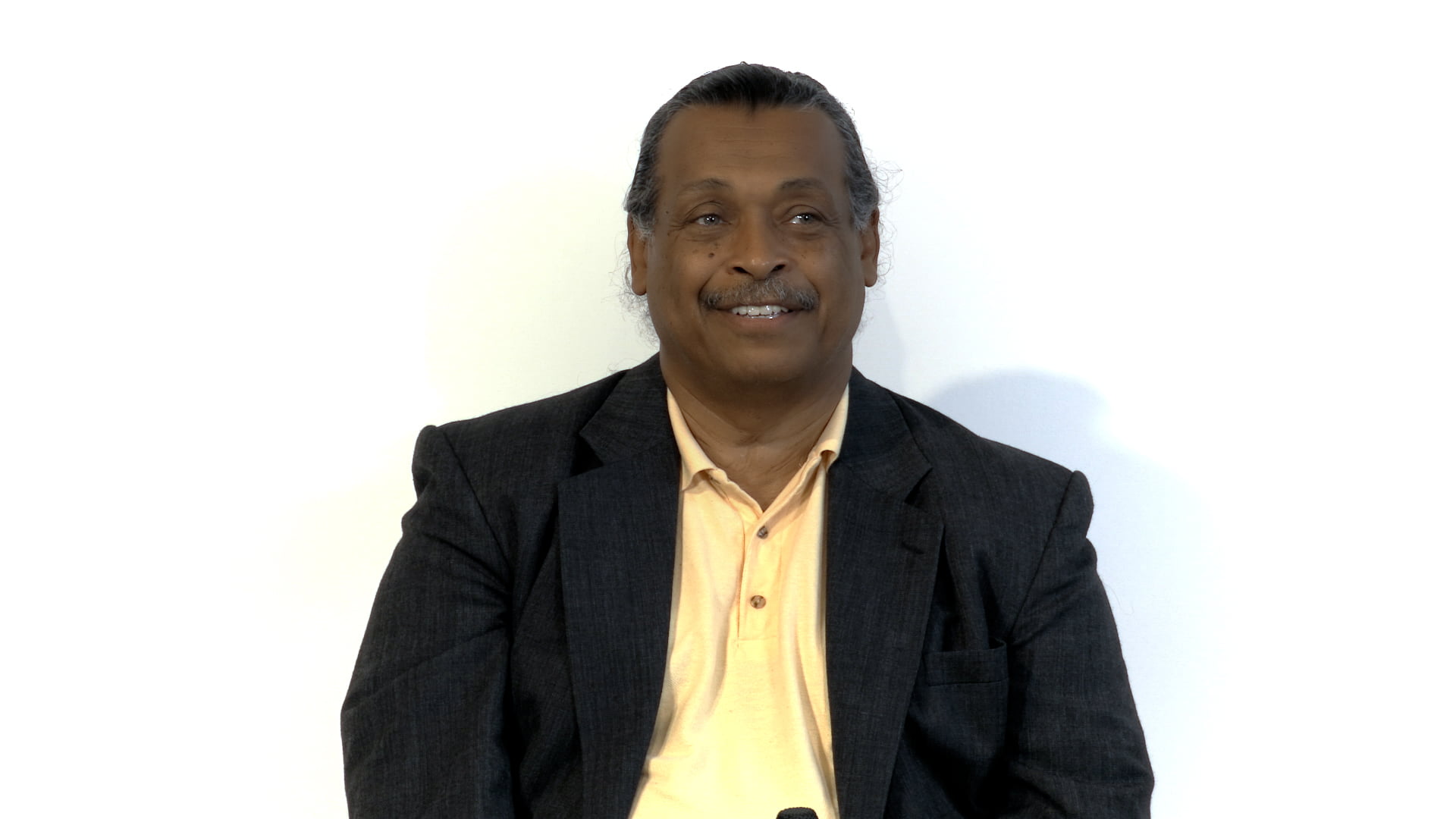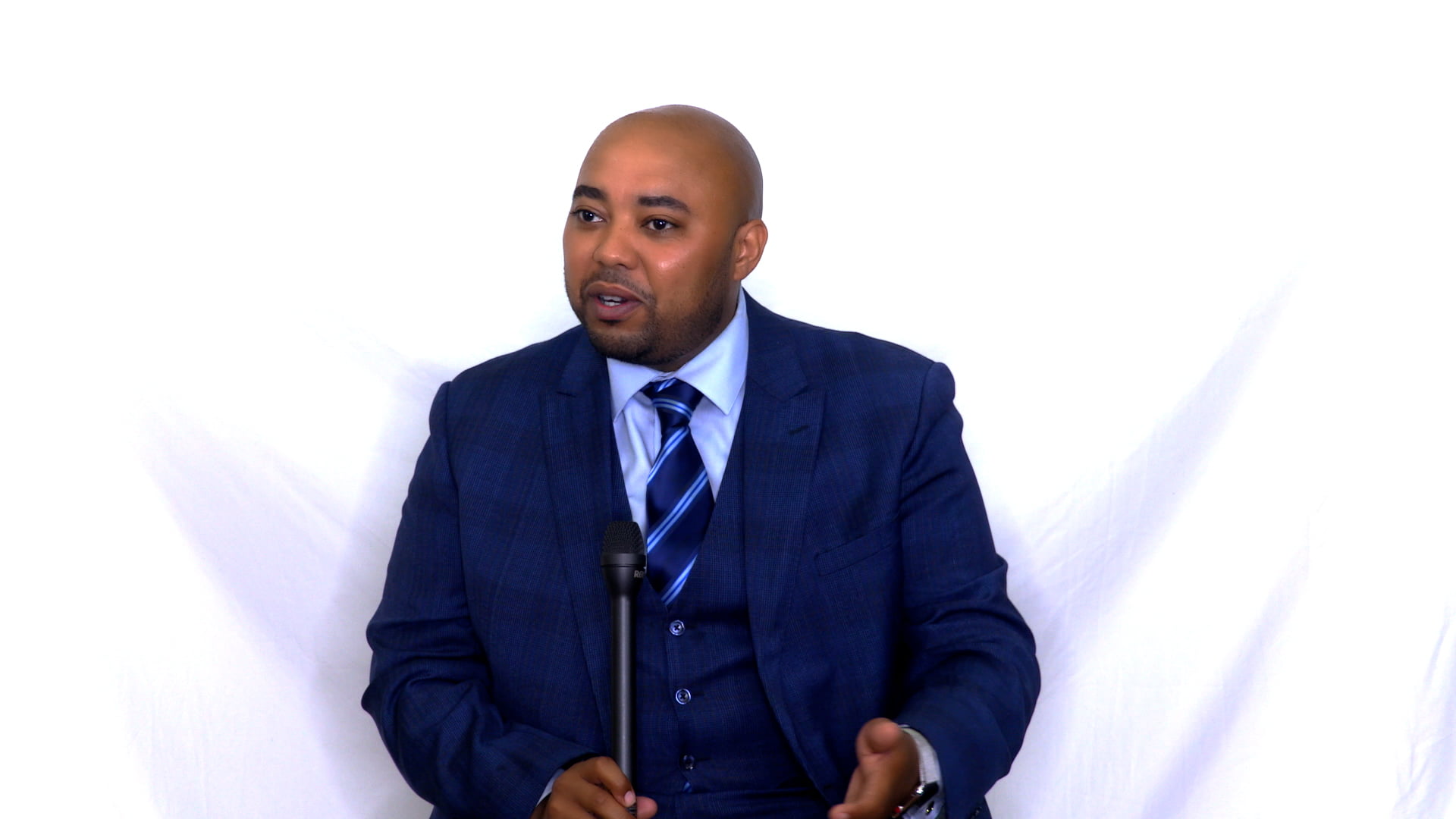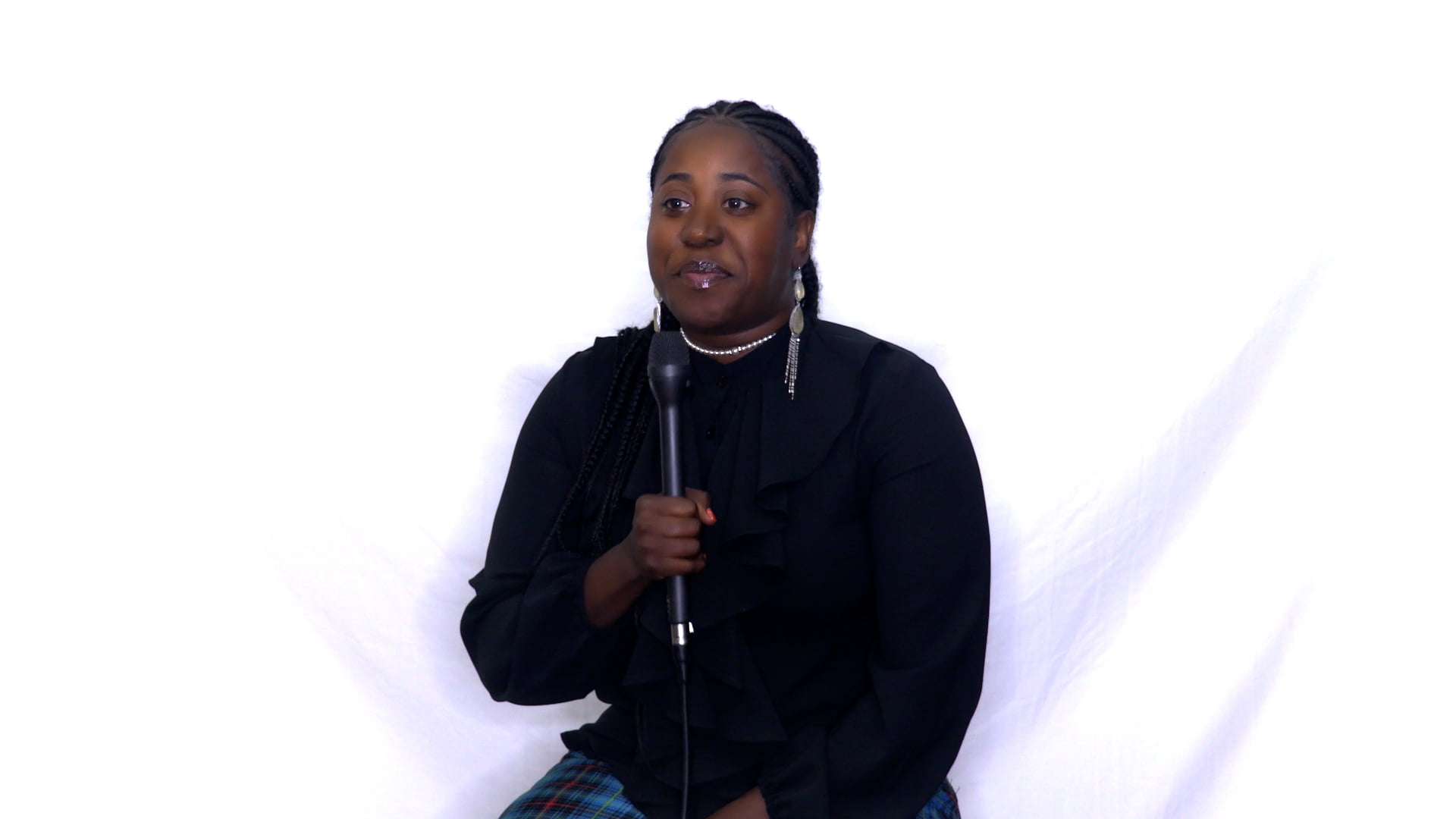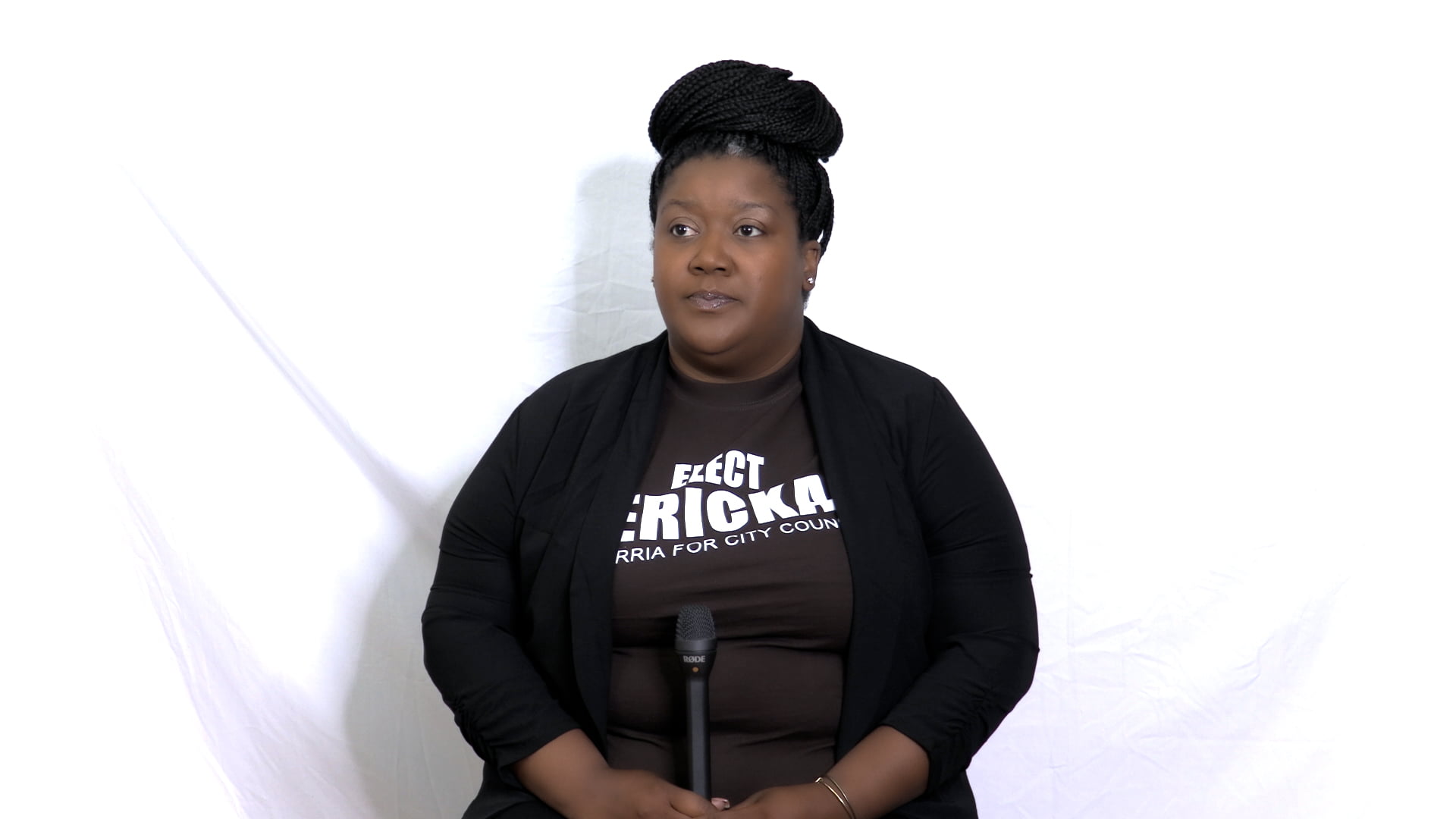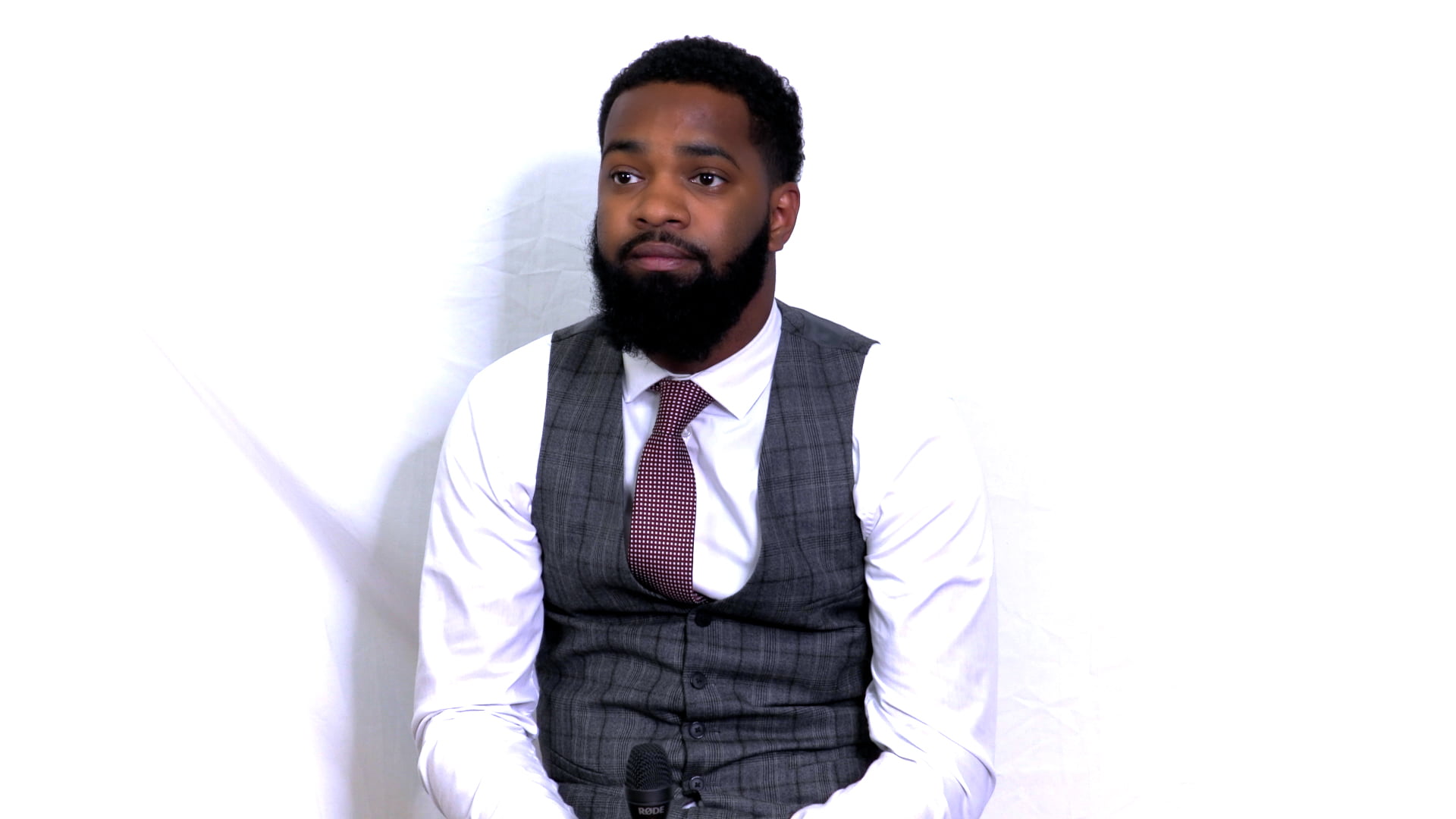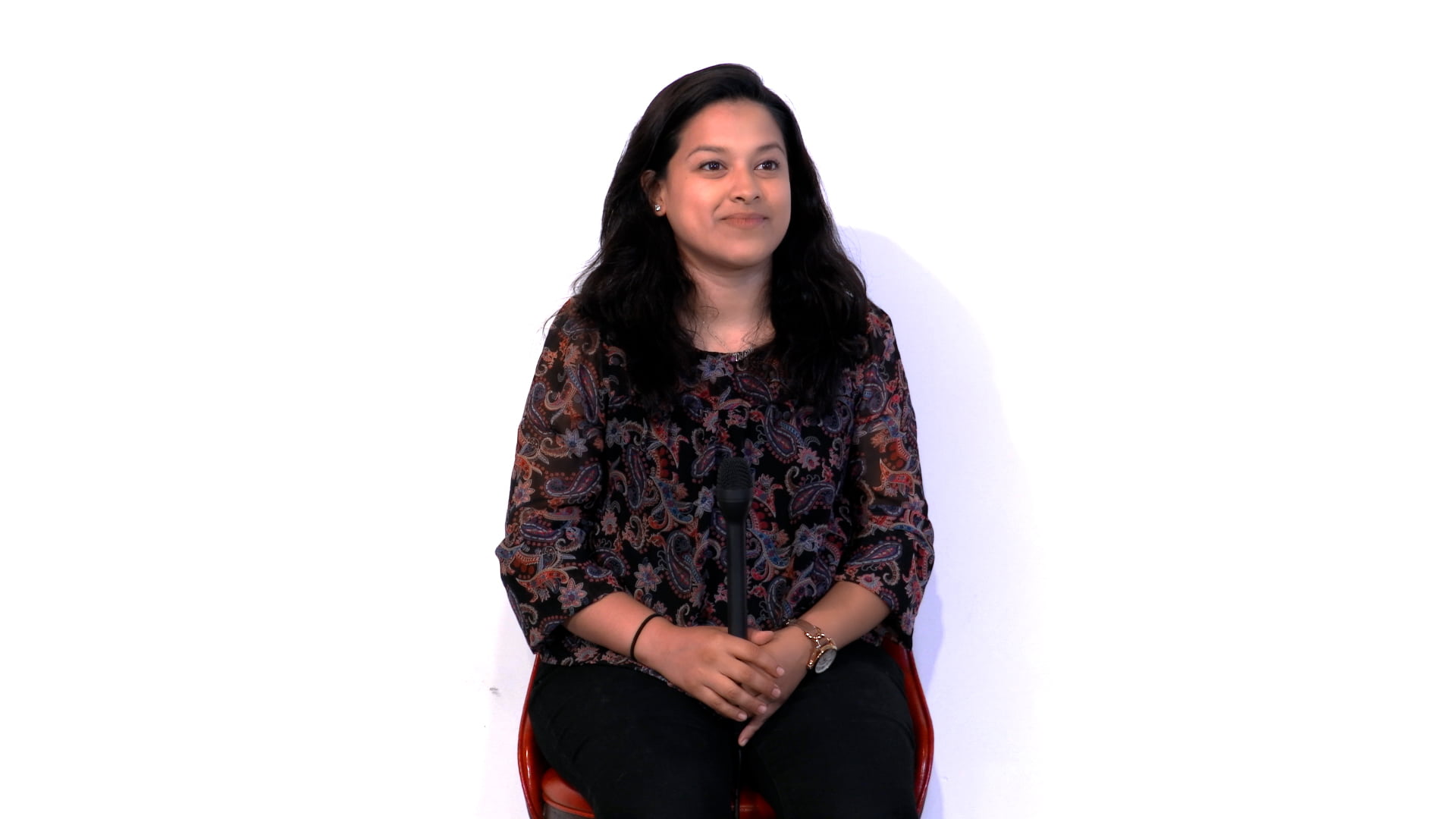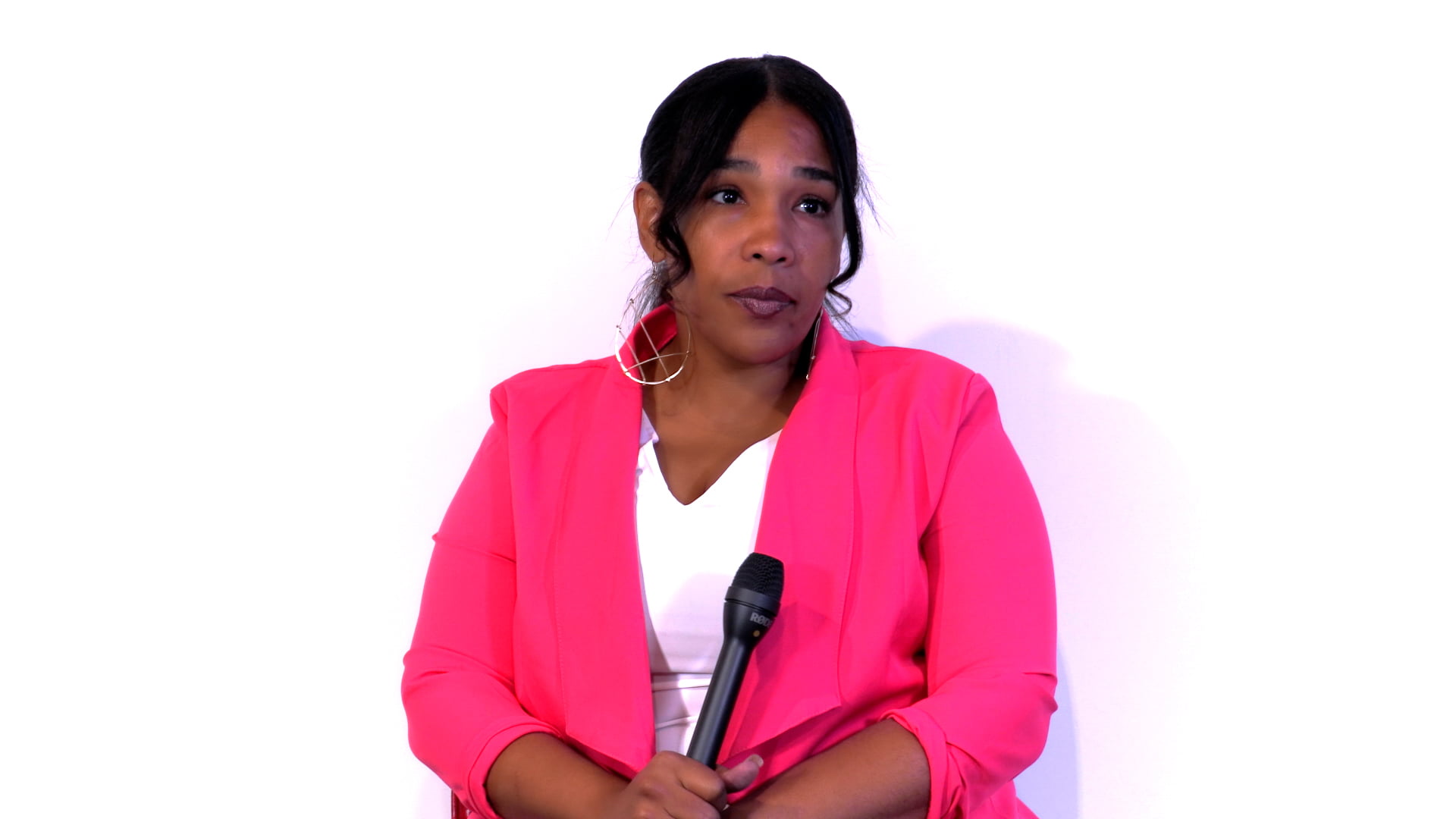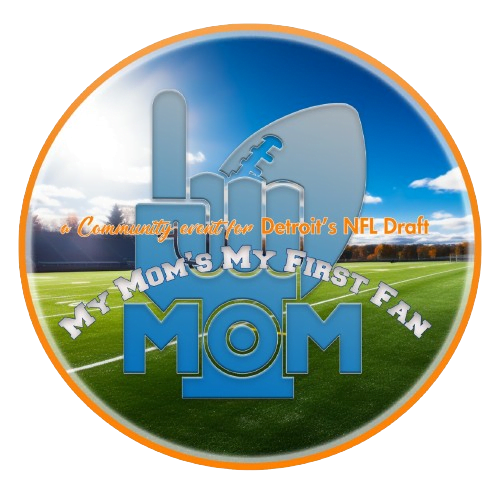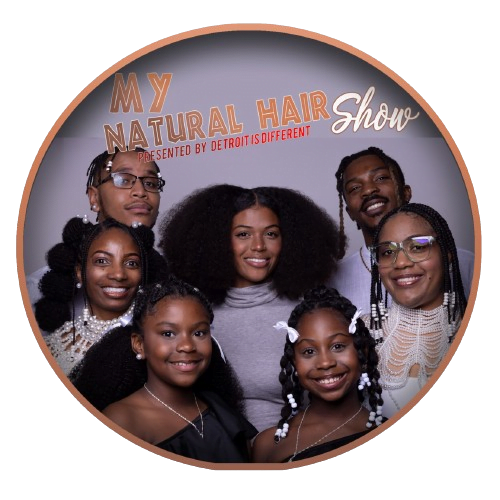Ane Bomani Candidate for Detroit City Council for District 4
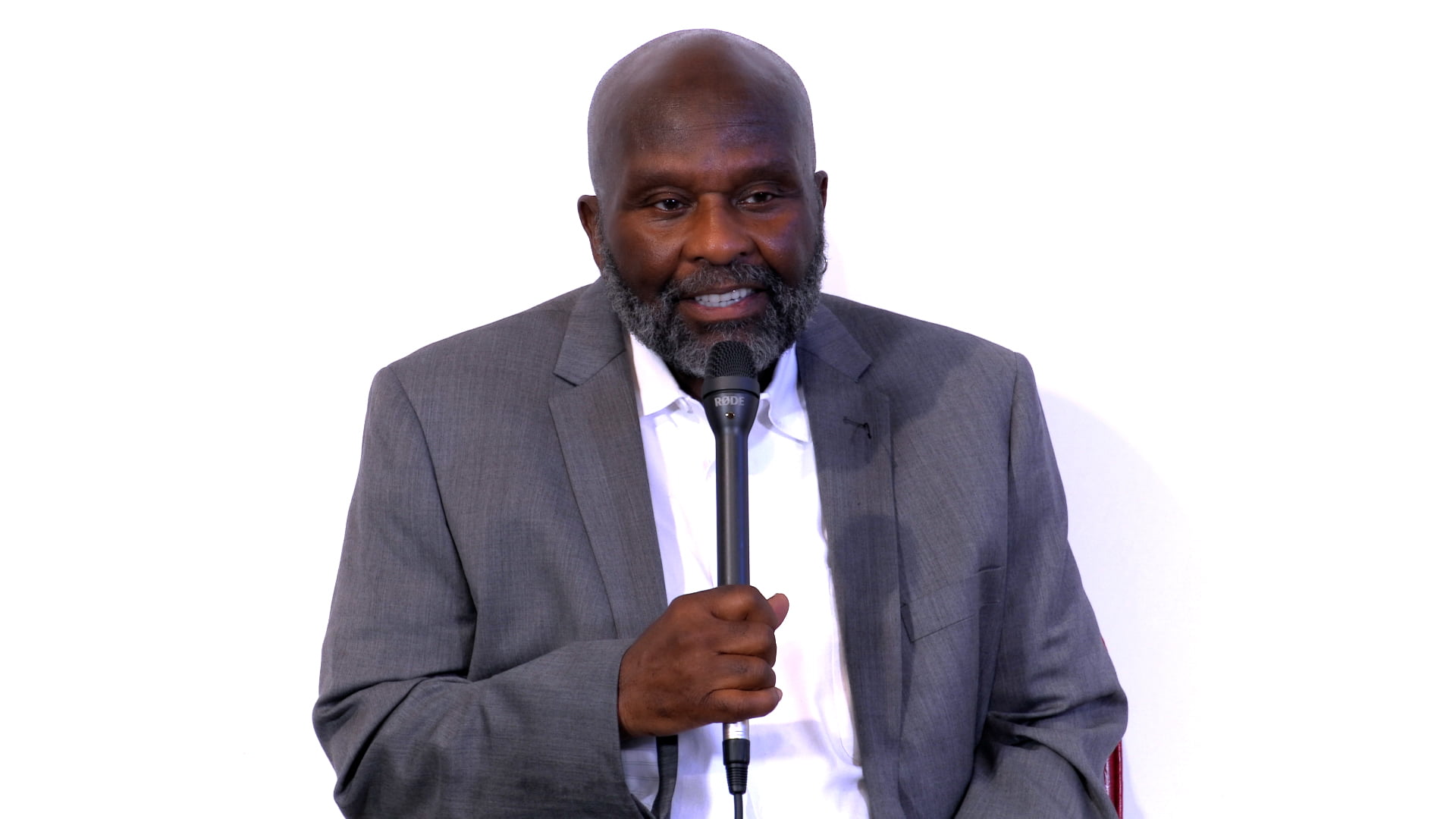
Ane Bomani Candidate for Detroit City Council for District 4. Riverwise Magazine & Detroit is Different 2021 Candidate Interview Series for Mayor of Detroit. This is a special election feature for the August 2021 Primary election for the City of Detroit. These interviews feature one-on-one question-and-answer content about Detroit public safety, water rights, property taxes, and visions for Detroit’s future. Please share and enjoy the content of the people seeking office in Detroit.

